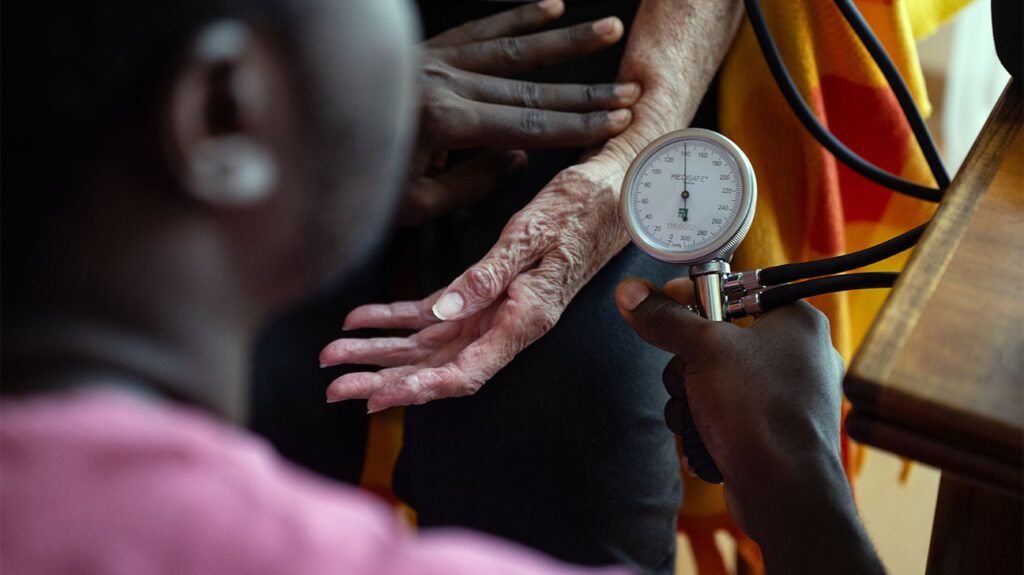Impact of Microgravity on Gum Health: Space Conditions May Accelerate Inflammation and Bone Loss

Microgravity conditions in space can accelerate gum inflammation and bone loss, increasing the risk of periodontal disease among astronauts. New research highlights the need for specialized dental care in long-term space missions.
Recent scientific research has revealed that living and working in space, particularly in microgravity environments, can significantly impact oral health. A new study published in the Journal of Periodontal Research highlights that microgravity conditions may lead to increased inflammation of the gums (gingivitis) and accelerated degeneration of the jawbone supporting the teeth—a condition known as periodontitis. This serious dental disease can result in tooth loss if not properly managed.
Scientists from the University of Sharjah conducted experiments using a mouse model to investigate how microgravity influences periodontal disease progression. They simulated space-like environments through a hindlimb unloading technique in mice, which mimics the effects of near-weightlessness experienced by astronauts. The study involved two groups: one subjected to simulated microgravity with induced periodontitis, and a control group on Earth.
The findings demonstrated that mice exposed to microgravity conditions exhibited markedly worse gum inflammation and greater bone loss than those on the ground. Microgravity appeared to amplify markers of disease, with increased tissue damage and immune cell infiltration. Specifically, the space-analog group showed a significant increase in the distance from the cementoenamel junction to the alveolar bone crest (CEJ-ABC), indicating heightened bone resorption. Additionally, higher alkaline phosphatase activity (ALP), a marker of bone breakdown and inflammation, was observed, suggesting that microgravity exacerbates periodontal destruction.
The research was conducted with ethical approval, and the animals underwent careful monitoring throughout the study. According to lead researcher Professor Zahi Badran, these results imply that microgravity not only worsens gum disease but may also influence other systemic health issues, emphasizing the need for tailored dental care strategies for future long-duration space missions.
As space agencies plan for extended missions to Mars and beyond, understanding how microgravity affects human health—including oral health—is crucial. The study underscores the importance of developing preventive measures, in-mission dental monitoring, and treatment protocols to protect astronauts from severe periodontal disease during prolonged spaceflight.
Furthermore, the insights gained from this research could benefit terrestrial medicine, especially for immobilized patients who experience reduced gravity effects due to bed rest. The findings advocate for more comprehensive multidisciplinary studies exploring the link between microgravity, oral health, and overall systemic health. The research team intends to continue expanding this pilot study, investigating additional microbiological and immunological factors related to gum disease in space conditions.
While current results are promising, the researchers acknowledge limitations due to the small sample size. Nevertheless, their robust model provides valuable initial evidence that microgravity accelerates periodontal disease progression, paving the way for improved health management in future space exploration endeavors.
Source: https://medicalxpress.com/news/2025-06-space-conditions-gum-inflammation-bone.html
Stay Updated with Mia's Feed
Get the latest health & wellness insights delivered straight to your inbox.
Related Articles
Signs It’s Time to Consult an Audiologist
Detect early signs of hearing loss and balance issues. Learn when to consult an audiologist for proper evaluation and management to improve your quality of life.
Metabolic Syndrome Significantly Raises Parkinson's Disease Risk
New research reveals that metabolic syndrome increases the risk of Parkinson’s disease by approximately 40%, highlighting the importance of metabolic health in neurological disease prevention.
Surgical Ablation During CABG Linked to Improved Survival in Patients with Atrial Fibrillation
New research highlights that performing surgical ablation during CABG significantly boosts survival rates in patients with atrial fibrillation, emphasizing the need for guideline adherence.
Long-Term Benefits of Neuroprotective Implant for Macular Telangiectasia Type 2 Confirmed by New Study
A new study confirms that an innovative implant delivering neuroprotective proteins can slow vision loss in patients with macular telangiectasia type 2, offering hope for long-term preservation of central sight.



